To Kneel or Not?
There is a not a sports fan who does not know about the NFL’s player protests during the national anthem. Almost every NFL team has players who are taking a knee, linking arms, or waiting in the locker room during the playing of the national anthem before the game. The protests have even spread from the national sports level to collegiate and high school sporting events.
Last Tuesday, as reported here in The Spartacus, the entire upper school and faculty of Miami Country Day School congregated into the Center For the Arts to hear from Dr. Davies on the issue. He stated that it is not a prohibition, but a respectful request and an expectation that all students stand for the national anthem.
What students might be unaware of is that later that day, Athletic Director Chuck Sennett summoned the Varsity Volleyball team for a meeting. The volleyball team was the only athletic team called to this meeting because, as Mr. Sennett told this reporter, he had heard “rumors” that a few volleyball players were planning to protest during the national anthem at the next game. Mr. Sennett felt it was important to “pass on the expectations but to also give the side of who they may offend by doing this protest.” He brought up names and circumstances of some parents who had served in the military along with police officers who attend Spartan sporting events who might be offended by this protest during the anthem.
Junior varsity volleyball player, Taylor Lynott, planned to kneel during the anthem of one of her volleyball games. Lynott says that the idea of kneeling is to protest police brutality and the mistreatment of black people; she mentioned this inspiration from NFL quarterback Colin Kaepernick who began the kneeling trend. While Lynott acknowledges that people take offense to kneeling because they believe it is disrespectful to veterans, she sees this as another reason why kneeling is necessary. “I feel like a lot of people at Country Day are not socially aware,” says Lynott. “I wanted to bring to their attention that this is not about veterans.” Lynott went on to say that the intentions of the protest have been misinterpreted, and that these intentions need “to be brought back on track.”
While Lynott feels she has valid reasons to kneel during the anthem, others believe they have not heard any good reasons, including Mr. Sennett. “I want to hear from the people why they feel they have to kneel,” Sennett acknowledged during our interview. “What issues are affecting them to a point where they really feel they have to do this,” he asked.
Sennett’s goal right now right now is trying to get everyone to understand what is expected of them and to keep our core values in mind. Mr. Sennett believes the way to prevent the need for repercussions is by having discussions and that what needs to come out of this controversy is open conversations.
Mr. Sennett never explicitly said that there would be a punishment for kneeling and in fact told us he hadn’t given punishment any thought. Yet, after the volleyball meeting, some players were unconvinced. “He kept repeating about expectations,” Lynott told us. “That’s the word that is making everyone very wary of kneeling.” In addition she recalled him equate kneeling with cheating, which she described, left an uneasiness among the players. “I know that if I cheat I will get a zero on the test and be sent to honor council,” Lynott explained. “If I kneel what happens?”
As reported in this publication previously, Dr. Davies has made clear that there are no punitive repercussions for protesting in ways one’s conscience dictates. With that in mind, Mr. Sennett is encouraging athletes to come in and have a conversation with him regarding this subject and any other issues they may be facing on campus. The outcome of this controversial topic remains uncertain and divisive. Mr. Sennett hopes “this dies down a little bit and we realize that this might not be the best venue to make a protest.” On the other side of the argument, Lynott hopes this remains a hot topic that is a cause for change. “Conversations are the result of protests,” says Lynott. “Country Day could have had conversations a long time ago, but only decided to have them now because of the rumors that athletes would take a knee.”
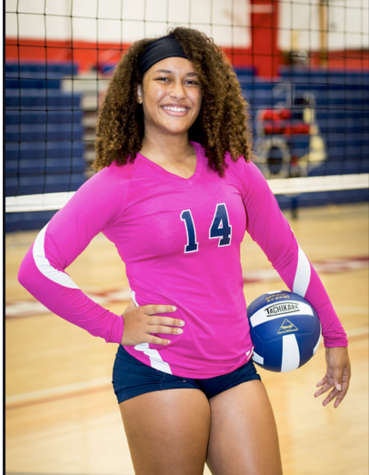


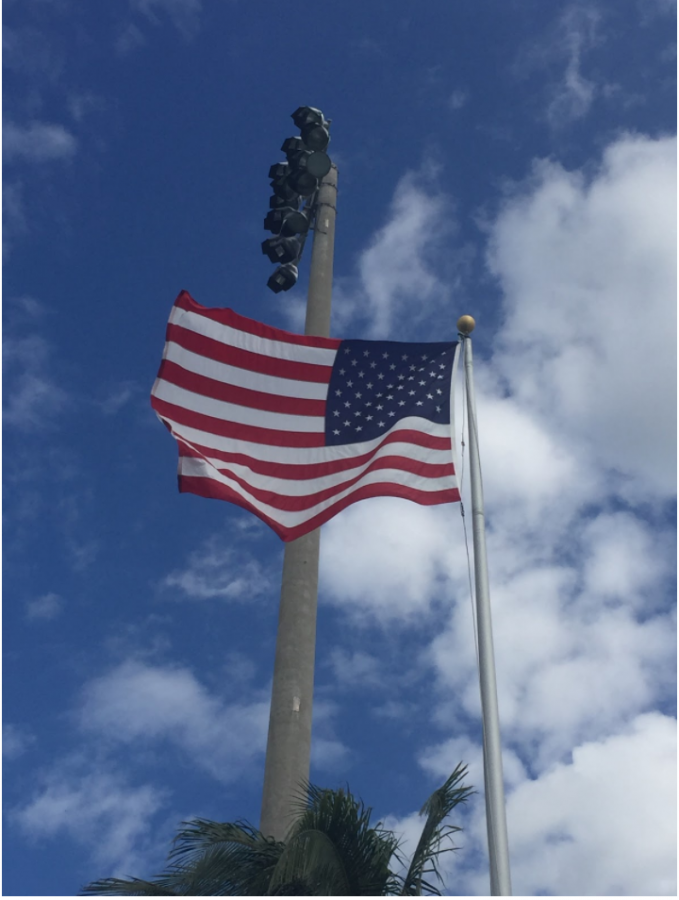

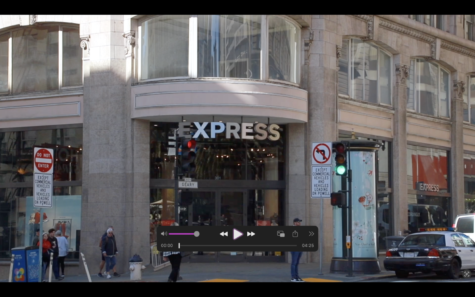


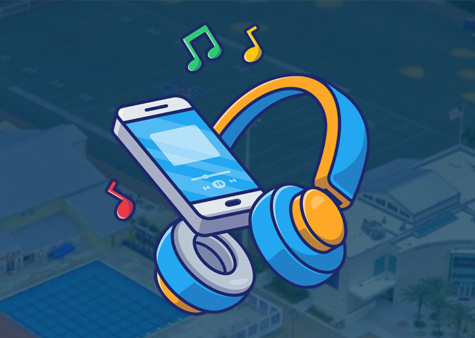
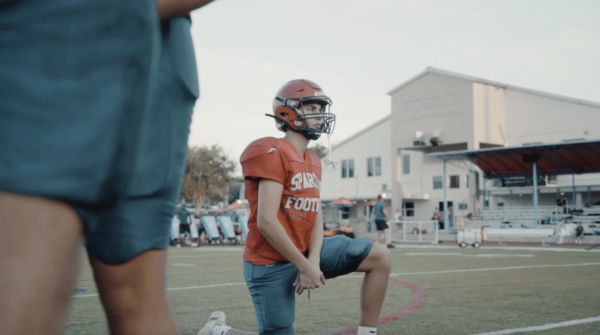
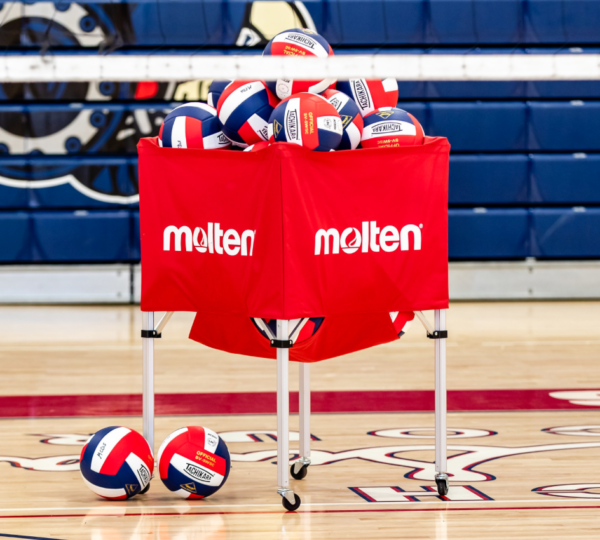
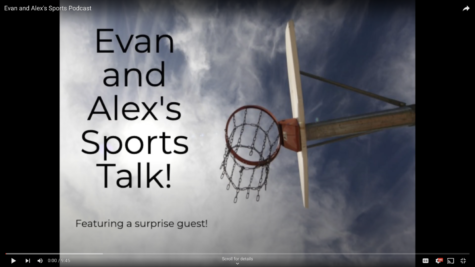
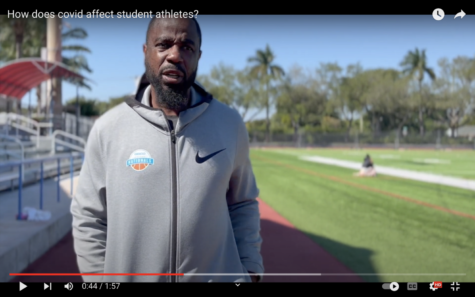
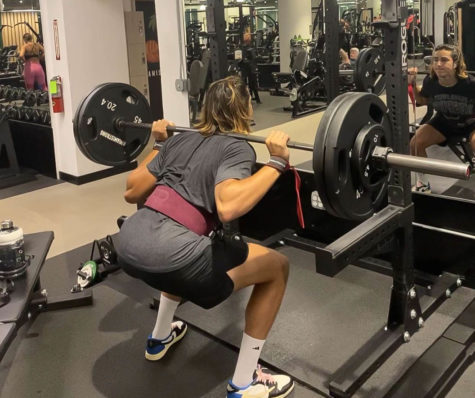
Karen Davis • Oct 30, 2017 at 9:20 am
Proud of you, Ava, along with Karen and Saavan for reporting these stories in truthful, unbiased and fair ways.
Sam Brown • Oct 27, 2017 at 10:19 pm
This is a thoughtfully reported piece that faithfully presents differing perspectives— kudos to Ava.